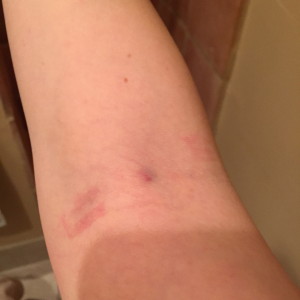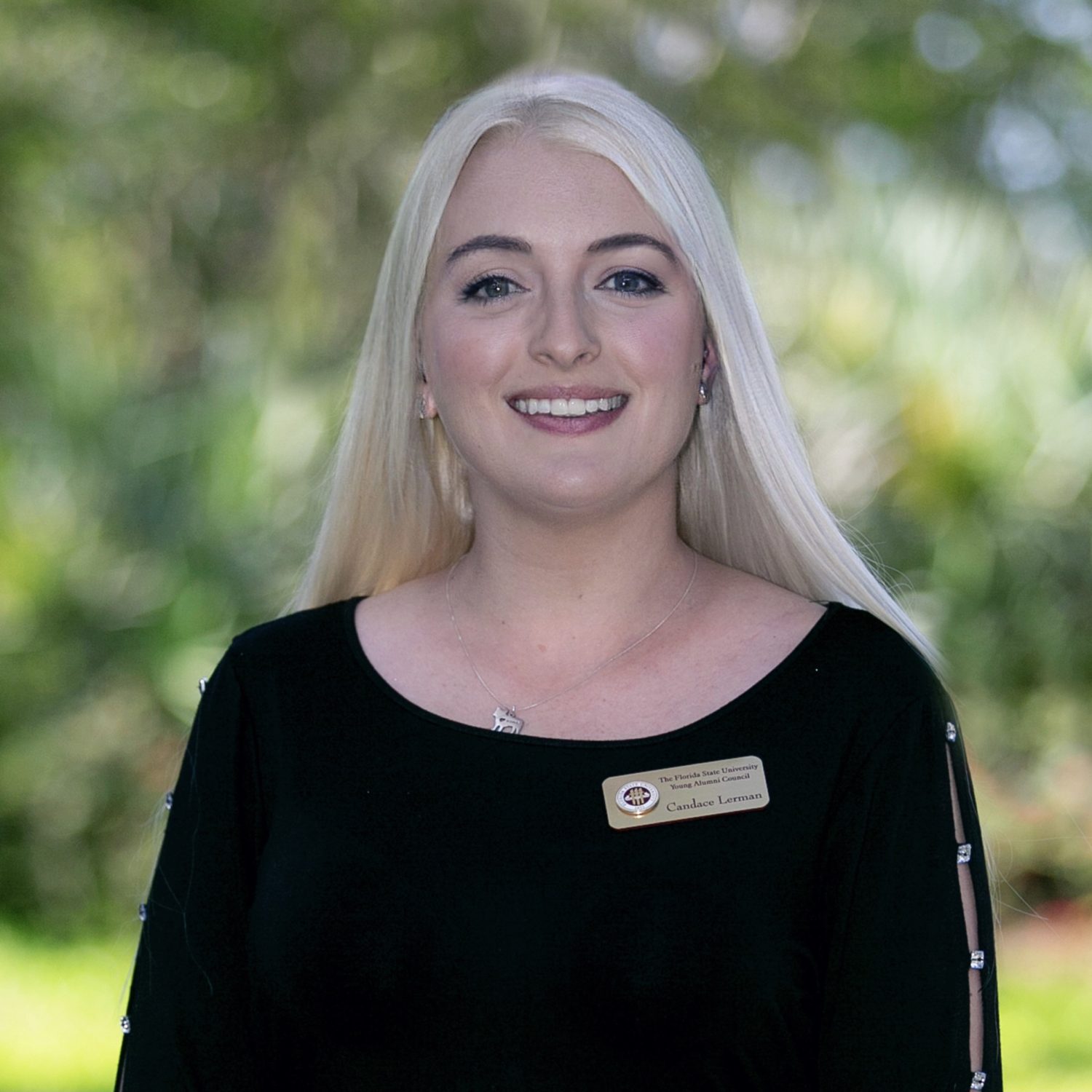
I document every blood draw with photos for comparison. Strange documentation, but I hope one day I can use the data to benefit other ITP patients.
The question rare disease patients ask all the time, WHY? I started reflecting over the holidays about everything I went through last year. 2014 was the final time I would ever define myself as ‘healthy’ until being diagnosed with ITP. 2015 will be my first full year being ‘sick’. While it may seem silly, these things really struck a cord with me. It boiled down to ‘why me’? Why did I get sick? Why did it happen at 27? Incidentally, I started to become a detective. I started researching genetics, immune disorders, rare diseases, etc. I was relieved to find out I’m not the only one!
I’m not a doctor, and I don’t believe I could get through med school simply because I can’t imagine cutting people open, handling organs, etc. However, I have always been good at academics, studying and retaining information. Reading medical journals and studies isn’t difficult for me, especially with Google. If I see a term I am not familiar with, I look it up. This had helped me understand Rituxan, how it worked in the body and assisted me in making my decision to go forward. I’m glad I had taken the time to do so, I’ve been fortunate enough to still be in a temporary remission.
Besides reading up on treatment options, many rare disease patients start looking at the cause of their conditions. I will admit, I am jealous of those who have been able to identify a specific genetic defect or event that triggered their condition. I am constantly on the hunt for the root cause of ITP. Unfortunately, it will probably be years before researchers can pinpoint an exact cause. So for now, all I can do is take my own personal data and conduct my own studies. I have found this helpful in talking with my doctors and also seeking out other specialists for symptoms unrelated to ITP. My own research and data mining has given me the ability to be an informed patient. I know when I step into a new office, I am in control.
I may never be able to satisfy all of my “whys” but I do know that my curiosity may come in handy as medicine progresses and rare disease research continues. The best thing we can do is become a detective and collect that data to share with the medical community. You never know when you might have found that one thing that doctors overlook and it completes the puzzle! Don’t be afraid to ask questions, share ideas and brainstorm.
